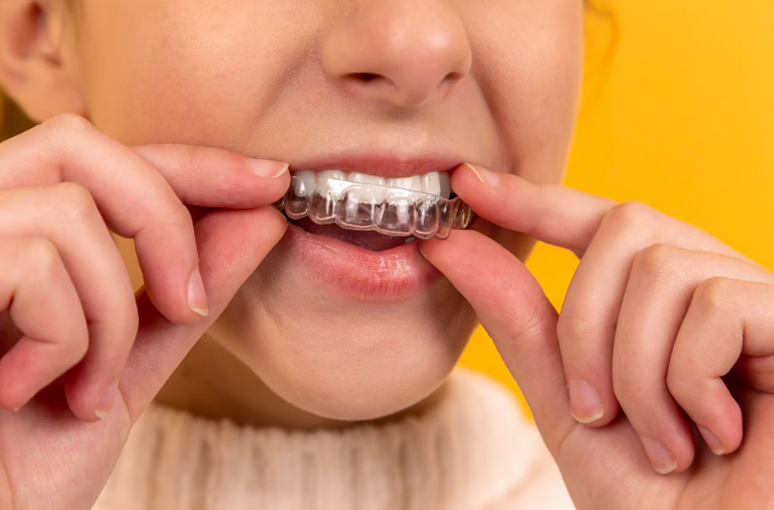How to Whiten Your Teeth Naturally Without Damaging Enamel
- in Health
A bright, confident smile can make all the difference in how we present ourselves to the world. Many dream of pearly whites but often resort to methods that can harm more than help. Teeth whitening products line store shelves and promise quick results, but they frequently come with a hidden price: enamel damage. So, what if there was a way to achieve that dazzling smile without sacrificing the health of your teeth? The good news is that natural alternatives exist. Let’s explore safe and effective ways to whiten your teeth while keeping your enamel intact and healthy for years to come.
Why Is Enamel Important for Teeth?
Enamel is the hard, outer layer of your teeth. It plays a crucial role in protecting them from decay and sensitivity. Made mostly of minerals, this tough substance acts as a barrier against harmful bacteria and acids. A healthy enamel layer helps preserve the tooth structure underneath. Without it, teeth become vulnerable to cavities and other dental issues. Additionally, enamel enhances the aesthetic appeal of your smile. Its glossy surface reflects light beautifully, contributing to that bright appearance we all desire.
Common Ways People Try to Whiten Their Teeth
Many people seek a brighter smile to boost their confidence. This quest often leads them to various whitening methods. Over-the-counter strips and gels are popular choices. They promise quick results, but they can be hit or miss in effectiveness. Some turn to professional treatments at the dentist’s office. While these procedures can provide significant changes, they frequently come with hefty price tags and potential discomfort. Others might experiment with home remedies like baking soda or lemon juice. These options may seem harmless initially, but they can erode enamel if used too frequently.
Other Ways to Protect and Strengthen Enamel
 To protect and strengthen enamel during your teeth whitening journey, consider incorporating fluoride into your oral care routine. Fluoride helps remineralize the enamel, making it more resistant to decay and sensitivity. Another effective method is to maintain a balanced diet rich in calcium and phosphorus. Foods like dairy products, leafy greens, almonds, and fish can help fortify your teeth from within. Don’t forget about hydration. Drinking plenty of water throughout the day not only rinses away food particles but also promotes saliva production. Saliva plays a crucial role in neutralizing acids that can erode enamel.
To protect and strengthen enamel during your teeth whitening journey, consider incorporating fluoride into your oral care routine. Fluoride helps remineralize the enamel, making it more resistant to decay and sensitivity. Another effective method is to maintain a balanced diet rich in calcium and phosphorus. Foods like dairy products, leafy greens, almonds, and fish can help fortify your teeth from within. Don’t forget about hydration. Drinking plenty of water throughout the day not only rinses away food particles but also promotes saliva production. Saliva plays a crucial role in neutralizing acids that can erode enamel.
The Dangers of Using Harsh Chemicals on Enamel
Harsh chemicals in teeth whitening products can wreak havoc on your enamel. Many commercial whiteners contain ingredients like hydrogen peroxide and sodium bicarbonate, which may offer quick results but at a cost. Frequent exposure to these abrasive agents can lead to enamel erosion, making your teeth more sensitive over time. Once enamel is damaged, it doesn’t regenerate; you’re left vulnerable to cavities and decay. Moreover, weakened enamel can result in discoloration rather than the bright smile you’re after. Ironically, aggressive whitening methods might turn into a cycle of trying stronger solutions that further harm dental health.
Whitening your teeth naturally is not only possible, but it’s also a gentler option that helps preserve the enamel. By choosing natural ingredients and methods, you’re taking steps toward healthier oral care practices. Remember to explore options like baking soda, activated charcoal, or coconut oil each offers its unique benefits without compromising your enamel’s integrity. It’s essential to maintain good dental hygiene alongside these whitening techniques. Regular brushing and flossing will support overall oral health.







